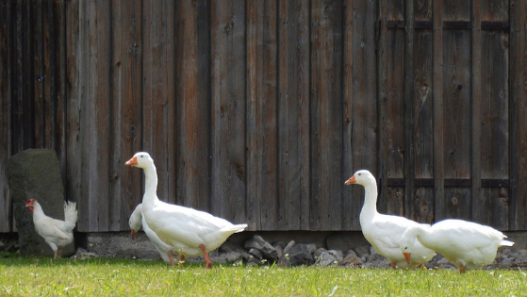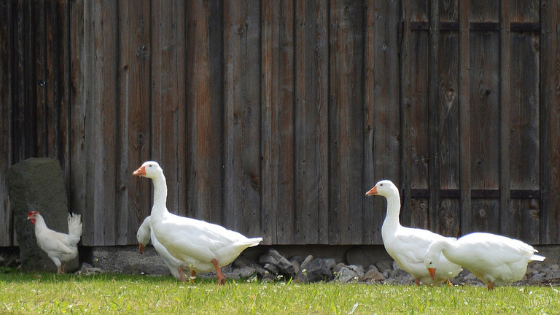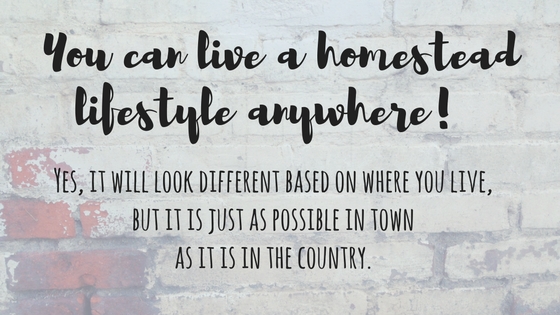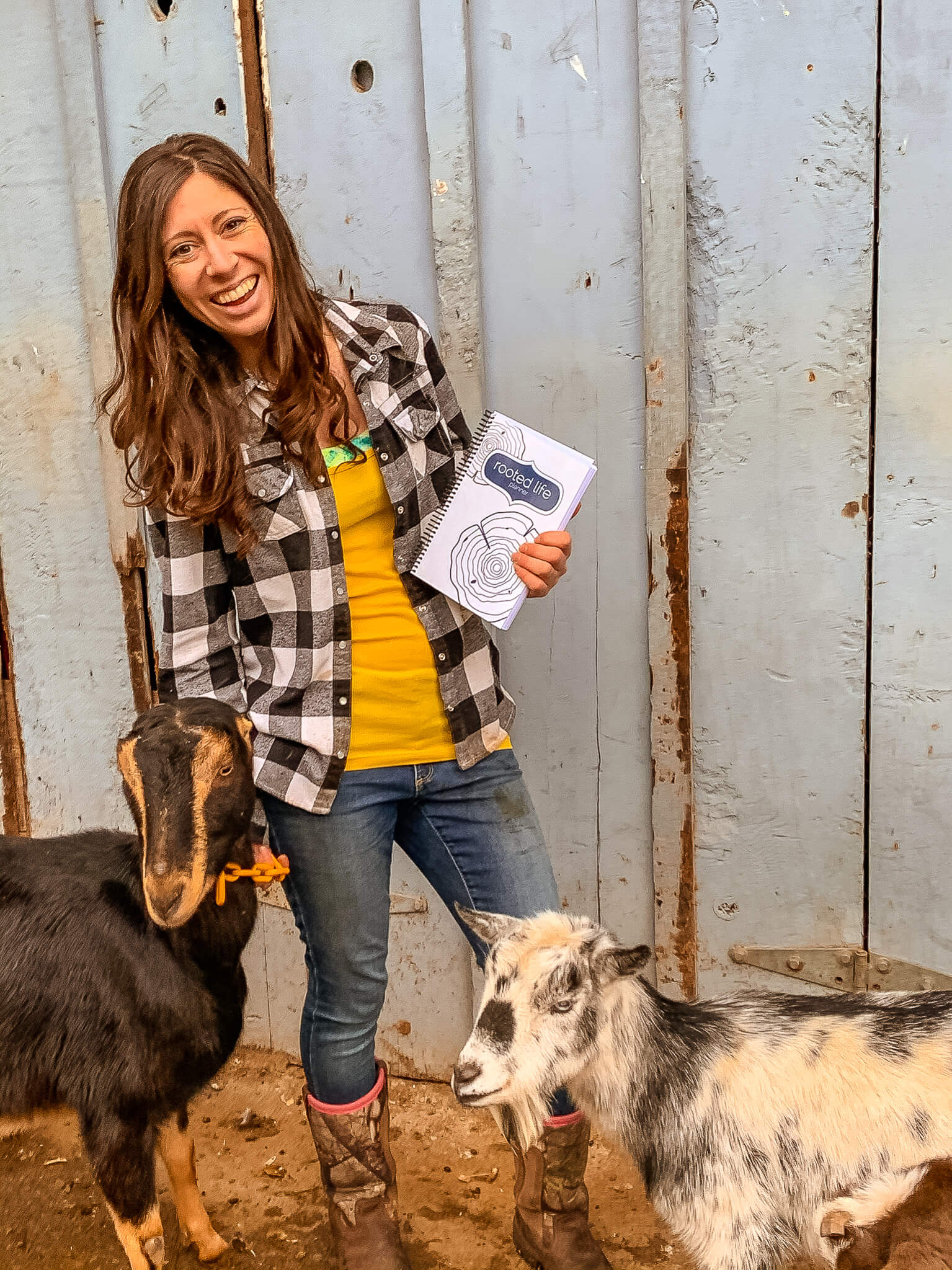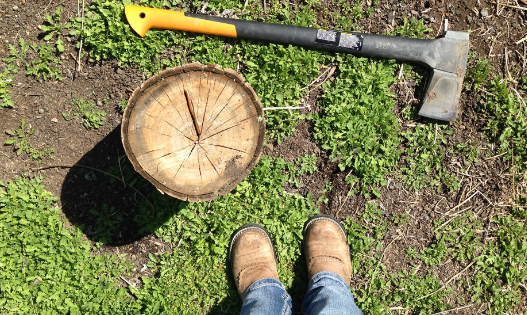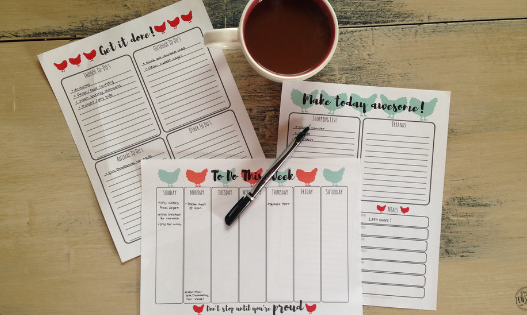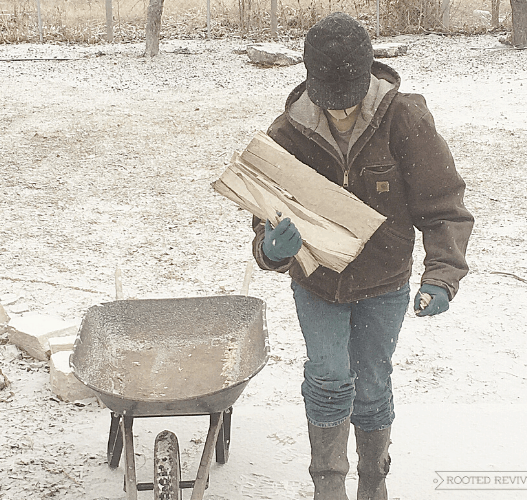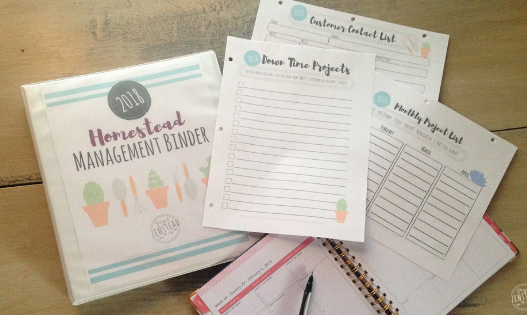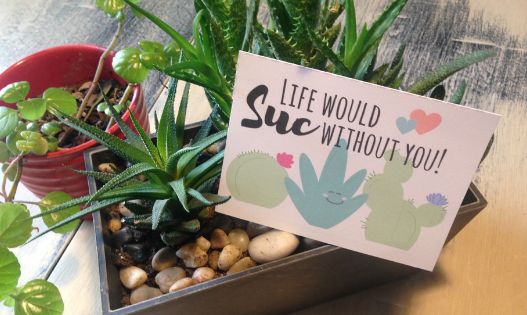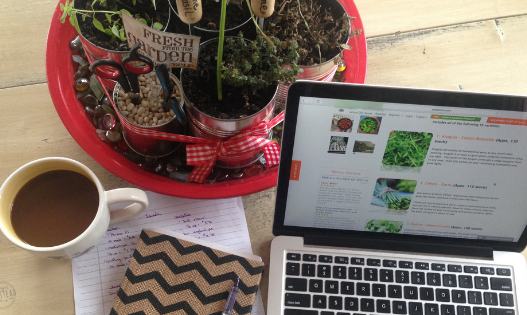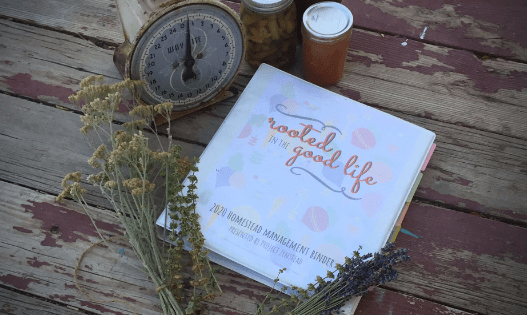Buying a homestead property can be a stressful and chaotic process! Asking yourself these five questions first will help ensure you know exactly what you want… and avoid the mistakes that we made!
Buying a house is one of those big, exciting, and stressful life events. I think it may be right up there with getting married…except without the cake (which automatically makes worse in my opinion). You want to find the perfect place so badly – the one you’ve spent years picturing in your mind and the one you’ll grow old in. I hate to break it to you, but that probably isn’t going to happen!
How do I know? Because I have purchased two “perfect” houses in barely over a year. The first one turned out to be not so perfect. We stayed there less than a year before selling it and going through the moving process again. We just bought our new house, and it feels amazing to finally be in the place we dreamed of years ago.
It was a long process to get here and while I don’t regret any of it, I did learn some things:
1. Moving is expensive
2. Understanding what you want and need in a property will pay off in a big way
3. Ducks don’t travel well
The experience has taught me some very valuable lessons about the reality of buying an urban homestead/hobby farm property. Buying a house is overwhelming! Even if you have a firm idea of what you want, it’s easy to get off track for numerous reasons. We thought we knew exactly what we wanted, but it quickly got blurry. We were rushed and overwhelmed and picked a place because we were running out of time to find a place to live.
Being rushed was probably the biggest mistake we made in the whole process. The second time around, we moved in with family and took our time. And it paid off in a major way – we found a great property (already set up for gardening and raising animals) in a wonderful location and it was below our price range! I honestly didn’t think that we would find a place so perfect for us, but we did. And you can too!
If I could go back in time and tell myself anything about this process, it would be to have patience and to honestly think through the following five questions. On our second time around, we sat down and honestly answered these questions. We narrowed our focus and our priorities. We decided that we weren’t going to make a snap decision that didn’t foster our goals. These questions can help lead you to your perfect place too! Just know that the process will be stressful and scary, but there really is a place out there for you! Now, you just have to go find it!
Five Questions to Ask Before Buying a Homestead Property:
1. What is your budget?
If you are buying your new property with a loan, this question will probably be answered for you when you get approved for your loan. But please do not solely rely on that approval amount to determine your budget. There are a lot of considerations that go into the loan approval process, including, but definitely not limited to: debt to income ratio, student loan debt, credit history and credit score.
But there are also a whole heck of a lot of things that aren’t considered in a loan. And these things are going to make a big difference to you! You need to consider your whole life and any future changes that may come your way. Erring on the side of caution and staying under budget is the smartest choice you can make.
Why I Wish We Had Asked This Question:
When we bought our last house, we were approved for a decent sized loan (for us anyways!). We picked a house towards the top of the budget. We had no way of knowing that a few short months after closing, Lindy would transition into a new career field. Almost a year later, we are just starting to really reap the financial benefits of that decision. But a year ago, going down to living off of one income put us in a tight spot.
We were lucky to have savings, but it served as a huge wake up call that we really should never rely on our income to always be there. So many things can happen: job loss, job transitions or even having to scale back due to an injury/illness. Our savings seriously saved our butts and allowed us to make it through, but that is a situation I never want to be in again.
This was a big part of the reason we decided to sell that house and buy a more simple and affordable home. Say it with me people: financial freedom! No one wants to feel trapped in a job simply to pay their mortgage! And if financial freedom is the goal, do not assume that your loan approval amount should be your budget amount!
2. How much will it cost to improve and develop the property?
This question is tied directly to your budget considerations as well. Sadly, there is no perfect property out there. There just isn’t! No matter how much you spend on your property to ensure it’s exactly what you want, there are still going to be things you will want or need to change. And every little change you make – from planting fruit trees to adding a proper irrigation system – will cost you. Some projects can be done over time and others may need to be done quickly. And then there are always the surprises that pop up – like a broken pump or flooded basement!
I am telling you from experience: no matter where you go or how perfect it seems, you will need to invest money into your property to make it what you want! Be sure to include both maintenance and operation expenses into your budget. The lower your monthly mortgage payment, the more wiggle room you will have for these expenses and for the fun projects too! I would encourage you to figure out what monthly payment you can afford and then reduce that by at least $200/month if possible to allow for property improvements. If you are starting with a largely undeveloped property, or one that will take a lot of modifications, you will want to increase this amount.
Give yourself enough wiggle room for property improvements and maintenance needs, because there is nothing more terrible than finally having your dream property and then not being able to do what you want with it. You will also want to factor in the time that it will take to work on developing your property. If you can find a place where most of the major work is done, it will save you both time and money.
Why I Wish We Had Asked This Question:
One of the primary reasons we bought our former home was because we thought it was a wise investment because it was “done”. The house was perfect, the landscaping was done…and we thought “We’ll just expand the garden space and plant a small orchard and create a place for our chickens and ducks and a pasture and barn for the goats and…and… and..” The list went on!
This really should have been our first clue that it really wasn’t a “perfect” property. At least not a perfect property for us. All those improvements added up and that was on top of our already high monthly mortgage payment. We never felt like we could actually do what we wanted because we just didn’t have the funds available. Developing and improving your property is a wonderful thing, as long as you are prepared to invest the money and time that is required.
3. What location will you thrive in?
Location really is everything – it can make you very happy or very unhappy with your home long-term. Buying a property that is outside of a metropolitan area can often save you a good chunk of money. However, commuting to work, stores, and other activities will be an added expense. Utilities can also be more expensive in rural areas (for example propane is more expensive than natural gas) but you will probably save on property taxes and other fees.
On the flip side, finding an urban homestead property in town could prove difficult depending on where you live. You will also have to investigate city codes and any CCR’s that may limit what you can do on your land. My biggest suggestion is to really really consider your lifestyle and what you love. I can honestly tell you that you can live a homestead lifestyle anywhere! Yes, it will look different based on where you live, but it is just as possible in town as it is in the country. Don’t ever feel like you need to drastically change your living environment just to prove that you can be a homesteader, because, newsflash – you already are one!
Why I Wish We Had Asked This Question:
The moving process opened my eyes to something I never realized before: I really love living in an urban environment. Say what?! Yeah, I was shocked too! I grew up in a rural area and there is a huge part of me that loves it. But after a year of living in a rural area an hour outside of town, I realized that, at this point in my life, I want to be in a more urban environment.
Not only was it expensive and time consuming to commute to work everyday, but I also learned that part of what makes me feel self-sufficient is not having to rely on traditional forms of transportation. When we lived in town, I rarely used a car. I pedaled to work, the grocery store, and everywhere in between. And when it was too cold to bike, I relied on the public bus. Being removed from these forms of independence had a big impact on me – and it was one that I never expected! So, grab a glass (or a bottle) of wine and really take the time to think about your environment and the things in it that help make you who you are.
4. What can you live without?
This is the part of the process where your realtor has shown you about 20 million properties and, through clenched teeth and a forced smile, she finally says “perhaps you should think about what you really need and what you can live without.” And she’s right, because the reality is: you aren’t going to get everything you want. Saying it is one thing. Actually accepting it is another. You need to be able to accept the fact that not everything is going to be what you dreamed it would be.
So, what are your absolute requirements? What are the “nice to have” items? And, what are the “I can live without it” items? Be honest! And remember, this may not even be your forever home. Your life will not always be exactly as it is today and your priorities will shift as well. Another thing to remember is that not everyone, including your realtor, will understand your priorities or why they are so important. Homesteading, while on the rise, is not a common thing in most areas. Communicating clearly about your needs and wants can reduce a lot of frustration and help you find the perfect place sooner.
Why I Wish We Had Asked This Question:
When we bought our last house, we were pretty particular about what we wanted… like no neighbors and a view of the horizon and no carpet in the living areas. But my real criteria should have been things like: can we use this property for what we want and does this house align with our ultimate dreams of becoming debt free? We ended up compromising on a lot of things we wanted in order to get a few conveniences.
After learning this hard lesson, we went into the home buying process with a very different mindset the second time around. The house is an important part of your property and it needs to be somewhere you enjoy being and you feel safe, but it doesn’t have to be perfect. Be realistic and honest with yourself. I know that you have a lot bigger priorities in life than having a view of the horizon and wood floors in the living areas. 😉
5. How much space do you really need?
Can you fit all your homestead dreams onto half an acre? Or do you need five acres? How much land you need will greatly depend on how you plan to use it. While it’s impossible to completely plan out the future, you no doubt have some ideas in mind of what you would like to use your land for.
If you want to have enough land to grow fresh food for your family and have a couple of fruit trees and some chickens, you can easily squeeze all of that into a 1/4 – 1/2 acre lot. If you are planning to have a fully operational market garden where you grow enough produce to sell, you may want to consider 1+ acres. If you plan to have large livestock, that will increase your land requirements as well. Obviously, your expense – both for the purchase and the maintenance of the land – will increase along with the size.
Another important thing to consider is the layout and set-up of the land. You can usually save a good chunk of money by buying a less desirable piece of land – just be sure that it is still a useable piece of land. Really examine the area with your plans in mind. How is the soil quality? Is the grade and elevation of the land useable? Are there people in the area who have been successful at growing/doing similar things? Is it windy? Wooded? Bare? Asking these types of questions will help you gauge which properties are the best fit for your homestead plans.
Why I Wish We Had Asked This Question:
I really wish that I had a firmer grasp on what I wanted before we bought our first house. While I realize that plans will always have to be modified to work for the space, I definitely could have found a better “space” to start with! We knew that we wanted around an acre… which we got.
Unfortunately, most of it was a very steep hillside. Because of its location and layout, it was really too steep to terrace without a lot of work to reinforce the hill. And unfortunately, that largely cut into our working space and reduced it from almost an acre of space to about half an acre of actually useable land. It was also incredibly rocky… I’m not talking small rocks either! Everything was river rock and we would literally dig fence post holes by hand because the shovel was useless against the rocks.
While the property definitely had some features I liked, there were also a lot of features that made it very hard to do the things we wanted. We thought that we could make the land work for our plans, which we probably could have – with a lot of money, time, and work. But, if we had taken the time to really assess the property based on our plans before buying it, we may have thought otherwise.
I wish you all the absolute best in going out and finding your happy place. It may take some time, imagination and work, but it’s out there! Be patient, enjoy the process, and remember that it’s a just a house. You will be the one who will make it a home… and a homestead!
What lessons have you learned while buying your homestead property? Leave a comment and let us know!
